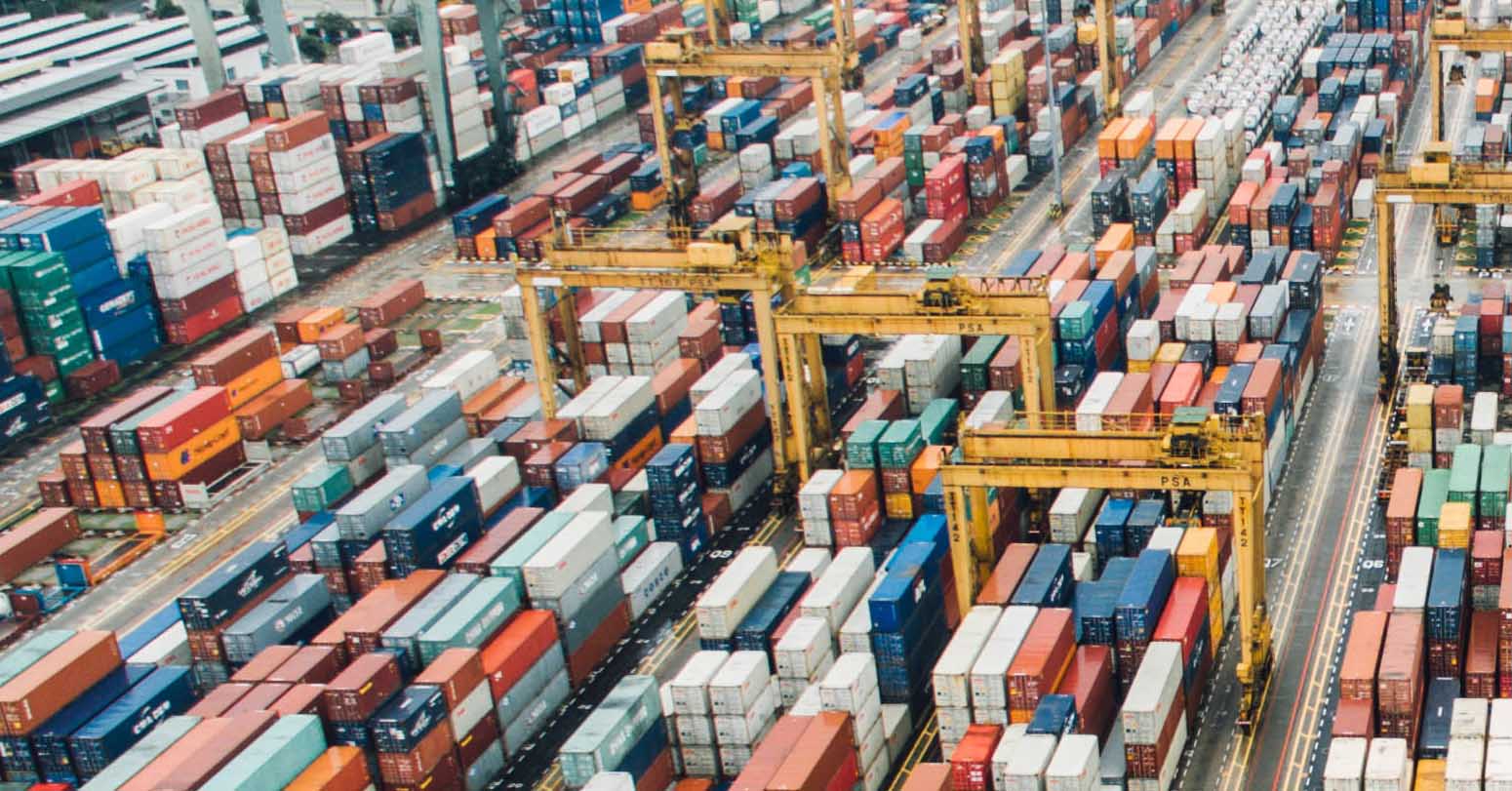The global economic slowdown and swelling interest rates are pummelling debt-ridden developing countries, the UN warned Wednesday, urging bold international action to ward off catastrophe.
In a fresh report, the United Nations Conference on Trade and Development (UNCTAD) cautioned that poorer countries were expected to suffer as higher interest rates eat away at their income and worsen already "unprecedented levels of debt distress".
Rate increases in the United States and other wealthy countries are estimated to cost developing countries more than $800 billion in lost income by 2025, it said.
This comes as developing countries are expected to be disproportionately impacted by slower-than-expected global economic growth this year.
UNCTAD said it now expected global GDP growth of 2.1 percent in 2023, down from 2.2 percent it forecast in September, and a full percentage point below last year's performance.
What has become clear, the report said, is that "in an interconnected and fragile world economy, central bank decisions in advanced countries should not be taken without consideration of their wider systemic impact".
Higher interest rates "make the cost of debt service for everyone, but especially for developing countries, much higher," Jeronim Capaldo, a senior UNCTAD economist and co-author of the report, told AFP.
He suggested that the central bank rate hikes, which aim to tame inflation, were misguided.
What has pushed prices up are global energy and food markets not necessarily impacted by national interest rates, he said, pointing out that while overall inflation has receded some, food inflation remains high in developing countries.
"Inflation remains sustained because this has nothing to do with interest rates, and all to do with the structure of these commodities that are traded internationally," Capaldo said.
"The risk as things deteriorate in the world economy is that we are barking up the wrong tree."
The rate hikes follow years of growing debt distress among developing countries, as debt servicing costs have steadily risen relative to public spending on essential services.
UNCTAD found that the number of countries spending more on external public debt service than on healthcare has nearly doubled from 34 to 62 in the past decade.
"We see that trend continuing and accelerating," Capaldo warned.
The issue of debt distress and debt restructuring is among the main topics on the agenda as central bankers, finance ministers and other participants gather for the
International Monetary Fund and World Bank's spring meetings in Washington this week.
But while some steps are being taken, Capaldo lamented that so far "they are barely symbolic".
UNCTAD insists that a much bolder agenda is needed, calling for a total overhaul of the global debt architecture.
The agency is calling for greater access to liquidity for struggling developing countries, and the creation of an international debt workout mechanism.
It also wants to see the establishment of an independent body to evaluate countries' debt situations, rather than having it done by the likes of IMF and the World Bank.
Those global institutions "are large creditors, but at the same time they audit the government books," Capaldo said, insisting that this "conflict of interest doesn't help anybody, especially the debtors."
-AFP



















Comprehensive Data Protection Law Critically
Gender Differences In Mental Healthcare
Messi Wins Best FIFA Men’s
Erosion of Democracy
Fly Dubai Catches Fire in
“Complexities of the South Asian